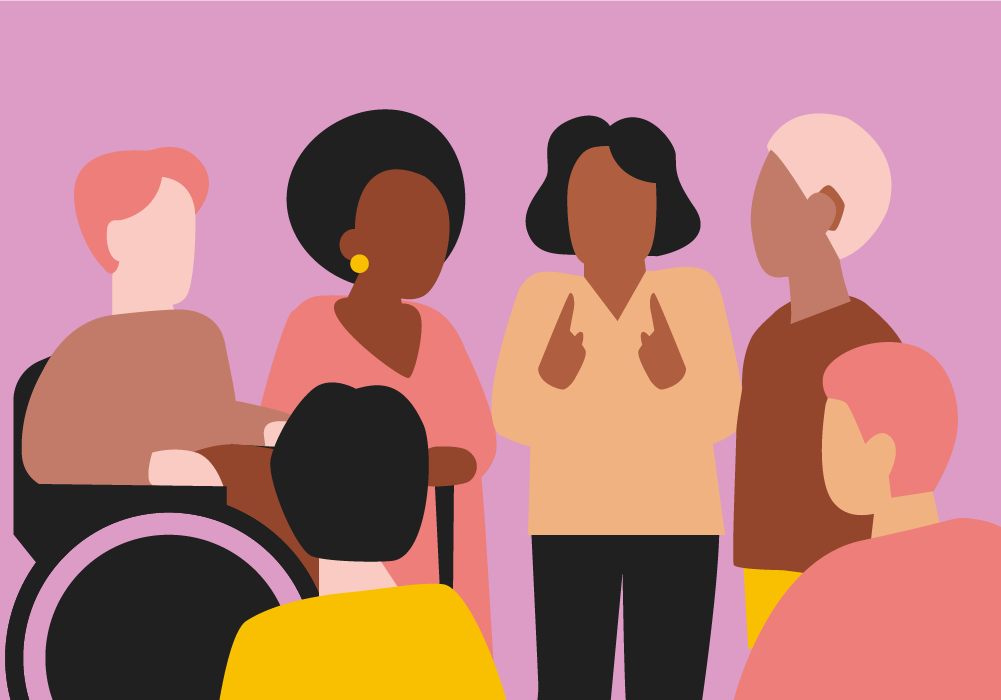
One of the best things about the human race is just how different we all are from each other. But it’s no secret that this world is just not built to meet the needs of people with disabilities, and it can be difficult to navigate a world that isn’t designed with you in mind.
However, there are simple ways we can all work to make the world a more accepting and accommodating place that works for everyone, regardless of ability.
What does able-bodied mean?
Able-bodied is a term commonly used to refer to those without a physical disability. Language changes constantly as we learn more about the world and the people around us. Although able-bodied has become a widely used term when discussing physical ability, it isn’t exactly the most inclusive. It’s better to use terminology that refers to a person’s ability rather than their disability. So, terms like handicapped, able-bodied, physically challenged, and differently-abled are discouraged by some disability advocates.
How should I refer to someone with a disability?
Everyone has their own preference for how they want to be addressed, or have their disability addressed. A good rule of thumb is to put the person first. Instead of saying “disabled person” it’s better to say “person with a disability.” If you are unsure of how a person prefers being addressed in this context, just ask them.
How can I be more accommodating to people with disabilities?
There are many basic ways we can all be more inclusive of those with different bodies than us. You can start by being more aware of physical space in your day to day life. Try to notice how often you’re in a space that would be difficult to navigate for a person who uses a wheelchair. If you’re hosting an in-person event, be specific about any limitations the space might have.
For example, if there is no elevator and your event is being held on the fifth floor of a building, then mention that. Or consider switching venues to a more accessible location. You can also add instructions for entering your building in the signature of your email, so that anyone visiting knows the exact accommodations available to them when they visit. Offer alternatives for those who might not be able to use stairs. Consider asking attendees about their needs ahead of time, just like you would inquire about dietary restrictions.
Even now when in-person meetings and events are cancelled for the foreseeable future, there are small changes you can make to be a better ally and be more accommodating. For example, adding captions to videos can help someone who is hearing impaired enjoy the material, and adding image descriptions to online photos can help someone who is visually impaired.
Remember, not every disability is visible. You may not always know when you are interacting with a person with a disability, so it is important to be mindful all of the time. Every person is unique with their own set of needs and preferences, and it’s important to treat everyone as an individual.
Is it okay to ask someone with a disability about their needs?
As long as you’re being sensitive and thoughtful in your approach, it is better to ask someone what they need and how you can better accommodate and support them than to assume they’ll be fine, or leave them faced with a situation where they aren’t fine. Those who use mobility equipment, like a wheelchair or scooter, consider that equipment to be part of their personal space. Don’t touch someone’s equipment without asking or insert yourself to help without asking the person first. If someone does not want your help, be respectful of that, even if it looks like they are struggling. Be thoughtful and considerate.
We can all do a better job of being more mindful of our friends and neighbors who have different needs than we do. It’s important to work toward a more equitable and inclusive world, and even just being more aware and learning more about the needs of people around us is a great first step.